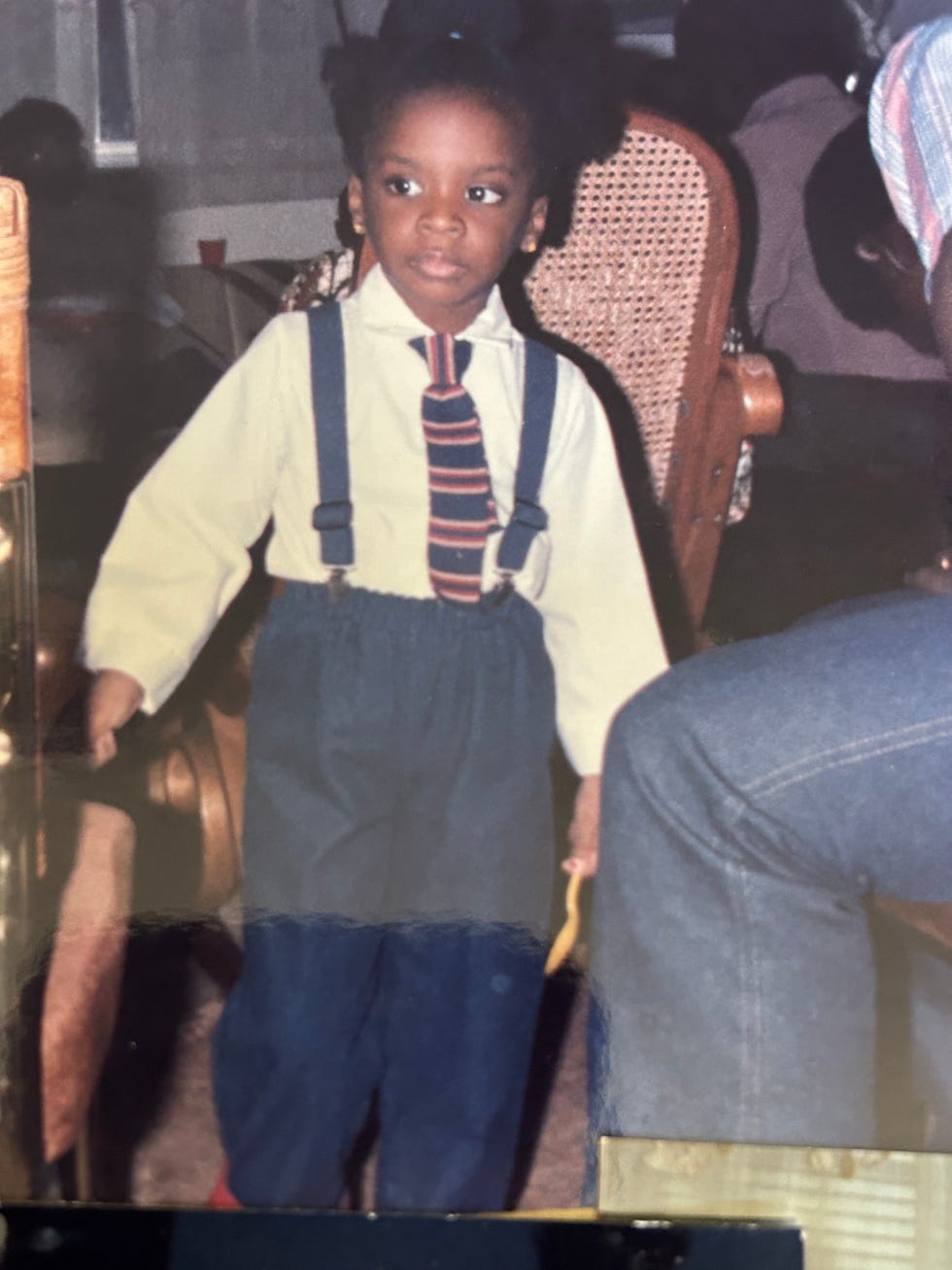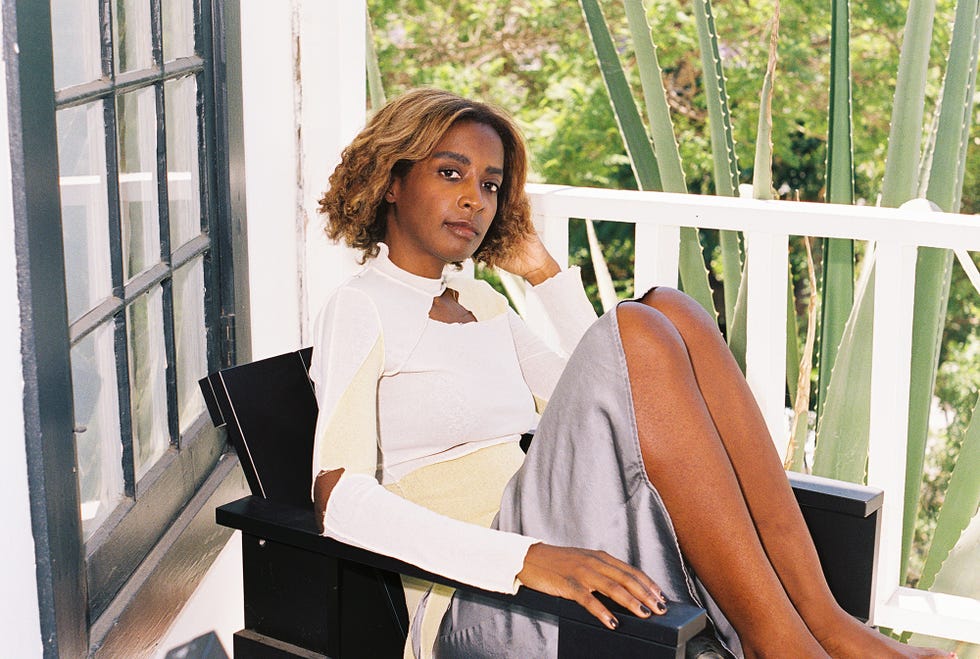The Ghosts of Home


It depends on who is doing the looking. Since the cementing of the American union, the story of Alabama has lain in its being the most visible stage for the best and worst results of our democratic experiment. But while outsiders have often glanced at the state—to draw a contrast, to make a point, to make an example of—its true nature has rarely been understood. Alabama is too racist, too religious, too backward. It either needs outside intervention or is a lost cause.
If the Deep South is the essence of the nation—as Howard Zinn put it, a region that “is a distillation of those traits which are the worst (and a few which are the best) in the national character”—that could be why, when I am outside the South, I can always predict the responses of people once I tell them I am from Alabama.
I never really left the South until I graduated from high school; moving to college in New Jersey was the second time in my life I traveled by plane, the first being seven years earlier. Leaving hadn’t been necessary. Every place that was important or desirable to me, from school to where we vacationed, was reachable by car, and everyone around me learned how to drive by, at the latest, the age of 15. My first car, which I raced from my high school parking lot to the mall to my house while blasting Three 6 Mafia, Trina, and OutKast on HOT 105.7, was my family’s stop sign–red Plymouth Voyager minivan. It was so uncool my friends found it endearing.
When I was growing up, my hometown of Montgomery was the source of what I knew about how people related to one another and what I could assume about a person from how they carried themselves, how they talked to me, and where they lived. The things I thought I knew—that there was always a geographic direction in which to aspire to move, that talking to everyone regardless of their schooling or money was vital to both your spiritual and your social standing, that it mattered that you let others know your educational and material statuses with grace and that you let them know what those statuses were—still felt essential when I looked back years later.

Alexis Okeowo on her 4th birthday in Knoxville, Tennessee.
As a child, most of my travel came about when my mom, my two younger brothers, and I followed my dad to academic conferences in cities around the region, like Baton Rouge and Biloxi and Raleigh, or when we went on weekend vacations to Atlanta, the Black southerner’s version of New York City. We usually stayed in my parents’ favorite hotel chain, Embassy Suites, on these trips; my parents rented a one-bedroom suite with two double beds and a pull-out couch, and we fell into a sleeping arrangement that allowed us all just enough space. Our tastes were modest, decent. We drove from Montgomery every trip, no matter how long it took.
But I fantasized about indecency. After 18 years of imagining the world outside the South, I arrived on the baroquely lush campus of Princeton University in the fall of 2002. I remember walking over what felt like acres of clipped, vivid green with my family, looking up at Gothic arches. We were staying in an Embassy Suites–like hotel not quite in the town of Princeton, and we had driven onto campus in our rental car to move me into my dorm.
Later, I was standing in a crowd of people from my freshman class, waiting to leave a lecture hall after orientation, in front of a boy who would become my editor at the campus alternative weekly; he was talking with his friend, who would become known as the campus coke dealer, about a girl who had brought a DVR to install in her dorm room because she couldn’t miss her favorite television shows while she was in class. The boys sounded amused and impressed. They mentioned the girl’s skiing vacations and her boarding school, the name of which seemed to be shorthand for a good pedigree. Her name, which was Tobin, also seemed to be shorthand for the kind of taste that preferred wealth to style. I had had no idea there were even kids who wanted to venture beyond the driving radius around their homes and go to a place like boarding school.
“It didn’t take long to realize I was an anomaly of sorts on campus: one of not many Black students, one of not many Black southern students, and one of not many southern students at all.”
Standing in that crowd was when I realized that many of the symbols of status I knew—summers spent at the lake, membership to the right church youth group—no longer applied and that I would soon have to learn what the new, relevant symbols were. I was sheltered by parents who had refused to let me date or go to late-night parties, but who had seen no problem in taking my brothers and me to weekend matinee showings of erotic thrillers like Single White Female or letting us read anything we wanted as vicarious experimentation. I needed to transition from consuming whatever adult novel I could find in the public library to expertly responding to the late-night drunken voicemails from the boy standing behind me at orientation, the lovely coke dealer. Modesty and decency were relative here.
I knew very little about Princeton before going. I zoomed in on photos of its campus on Google, examined carefully chosen images on its website to see how students were dressed and which ones were grouped together, and spent time looking around to see what people did with their days besides going to class. I never visited the campus, despite Princeton having a “Pre-Frosh Weekend.” Visiting seemed too expensive, would take up too much time, and no one suggested it.
After receiving my acceptance email, I celebrated for a few minutes with my parents and then went back to the computer to email the admissions office. I needed to ask how many Black students were at the school, because it was impossible to tell from the photos. It was an email I never would have sent to a school south of Virginia—the farthest north I had ever been—where I could be sure to find enough people who looked like me. In the mid-2000s, and twenty years on, the South remained the Blackest part of the country; more than half its Black population lived there as of 2022.

Alexis Okeowo, photographed in Los Angeles.
Despite the Great Migration having taken millions of Black southerners to the North during the first half of the twentieth century, to escape racism and terror, millions of Black people had returned to the South or come for the first time. The Princeton admissions office responded that African Americans made up about 9 percent of the student body; the office added that I should let them know if I needed any more information. The percentage would have to do.
It didn’t take long to realize I was an anomaly of sorts on campus: one of not many Black students, one of not many Black southern students, and one of not many southern students at all. Even at a university that, by reputation, was the most preppy-attired, conservative values–holding, and thus “southern,” of all the colleges in the Northeast, there were few people who claimed to belong to the last two categories.
Any comfort I took in Princeton’s reputation as a southern-minded school was supposed to make me feel better that I was one of a handful of students in my high school class leaving Alabama; college would be something like home far from home. So when I met other students and professors, and we introduced ourselves, it took a while to get used to the routine. Their reactions, depending on how much time they had spent down South, would head down one of two distinct avenues. If they hadn’t lived lower than the Carolinas, they’d say “Alabama?!” with outright surprise or, if they were able to fix their expressions soon enough, a “Whoa, Alabama” with careful wariness.
As I confirmed they had heard me right, they seemed to be imagining the extremity of what being a Black girl from Alabama must entail. Fire hoses, lynchings. Then a “What was that like?” with the dumbstruck look still on their faces, sometimes shaking their heads with pity for troubles assumed to have been endured. If they were from the South, there was usually an assumption that we would get along, an easiness that I returned in kind.
It was difficult—is still difficult—to look head-on at Alabama; it was uncomfortable. It was also easier for most people to believe they were more sure about my home state than I was. Alabama was where I had learned how to think and decide what I valued. But their expectations about how I grew up pushed me to choose a side: either agree and play up the state’s worst aspects or weakly defend it. So much so that, over time, I began to forget parts of how I had grown up, the nuances of how Alabamians lived and thought, and could recall only broad strokes about race and politics and religion. I began to forget that Alabama is, before anything else, home.
Those people and I weren’t ready for what lay in between: the worth of a place and why people choose to call it home. Why do people stay? And what happens to them? Alabama was the best place to find the answers.
Adapted from BLESSINGS AND DISASTERS: A Story of Alabama by Alexis Okeowo, published by Henry Holt and Co. on August 5, 2025. Copyright © 2025 by Alexis Okeowo. Printed by permission.
elle






